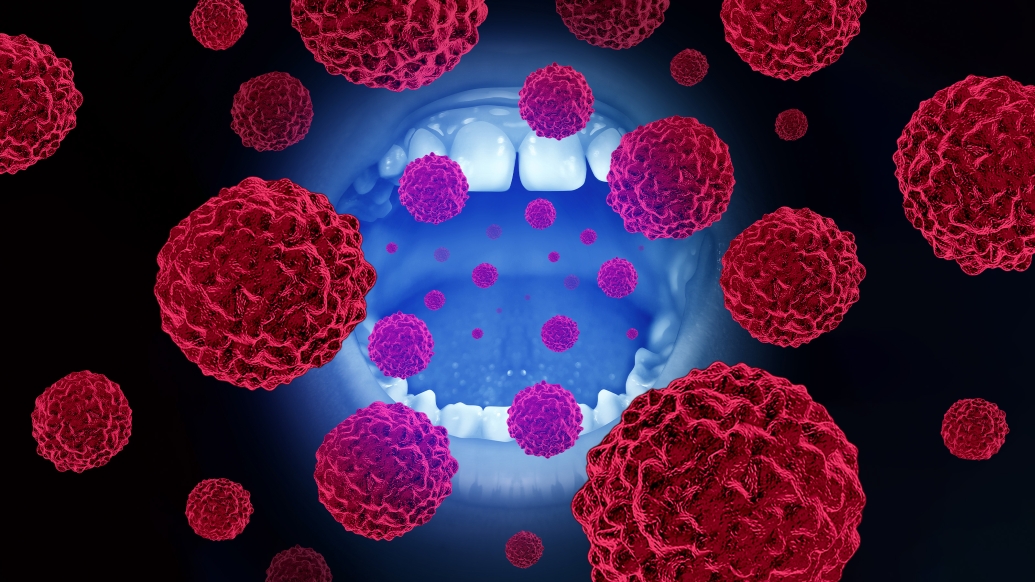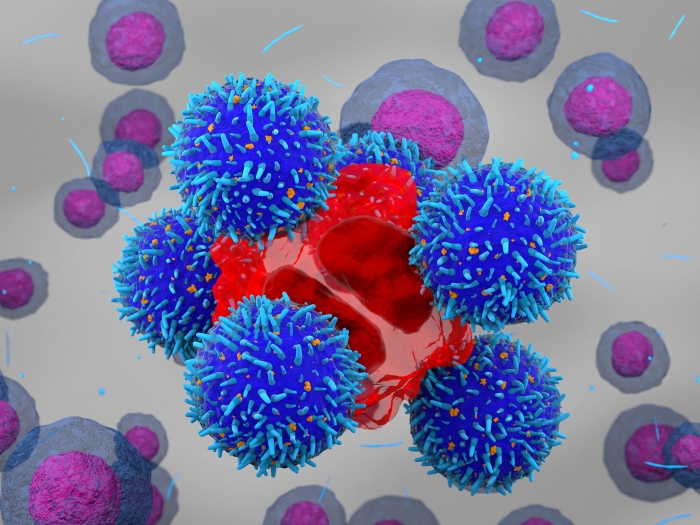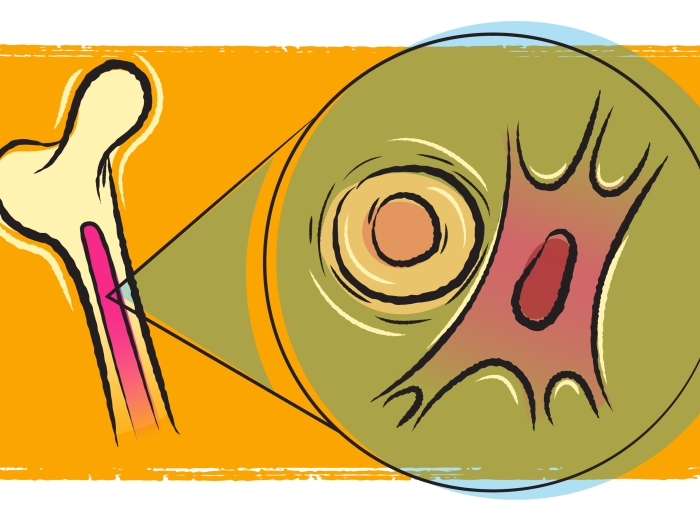A study links obesity with dampened immune detection of oral cancers in mouse models
10:42 AM
Author |

A team from the University of Michigan Rogel Cancer Center and School of Dentistry, led by Yu Leo Lei, D.D.S., Ph.D., have identified a mechanism in mice for how obesity affects some oral cancers’ ability to escape from the immune system.
This study, published in Cell Reports, found that obesity helps to establish a type of tumor microenvironment that promotes tumor progression. How exactly this happens lies in the relationship between the saturated fatty acids, the STING-type-I interferon pathway, and NLRC3.
“We tend to think about the increased risks for gastrointestinal tumors, breast cancer, pancreatic cancer, and ovarian cancer when it comes to obesity,” said Lei, a pathologist-immunologist and lead author of this study. “Multiple recent prospective cohorts involving millions of individuals from several continents revealed a previously underappreciated link between obesity and oral cancer risks.”
“Myeloid cells in obese mice were insensitive to STING agonists and were more suppressive of T cell activation compared to the myeloid cells from leans hosts,” explained Lei. This feature drove the loss of immune subsets that were crucial for anti-tumor immunity in the tumor microenvironment.
The team found that saturated fatty acids can block the STING pathway, which is induced by cytosolic DNA and promotes antigen-presenting cell maturation, by inducing a protein called NLRC3.
Lei says this is the first study establishing a mechanistic link between obesity with oral cancer immune escape. “We’re excited about the translational implications,” he continued.
Obesity is a common comorbidity in cancer patients. Two recent studies found that oral cancer patients who were on statins—medicines that lower cholesterol—showed improved overall and cancer-specific survival.
“This study establishes a mechanistic link for those observations and highlights the potential of targeting fatty acids metabolism in remodeling the host anti-tumor immune response,” said Lei.
Next, Lei’s team will explore how obesity regulates other immune-activating pathways and identify novel intervention targets for better oral cancer prevention in high-risk individuals.
More work needs to be done before this can move to the clinic.
Additional authors: Blake Heath, Ph.D., Wang Gong, research Investigator at the School of Dentistry, and Hülya Taner, D.D.S.-Ph.D. candidate.
Shared resources used: Flow – Flow Cytometry; Histology – Tissue and Molecular Pathology
Funding: Biden Cancer Moonshot Initiative (U01 DE029255), R01 DE026728, R01 DE030691, R01 DE031951, F31 DE028740, and T32 AI007413.
Paper cited: “Saturated fatty acids dampen the immunogenicity of cancer by suppressing STING,” Cell Reports. DOI: 10.1016/j.celrep.2023.112303

Explore a variety of health care news & stories by visiting the Health Lab home page for more articles.

Department of Communication at Michigan Medicine
Want top health & research news weekly? Sign up for Health Lab’s newsletters today!





